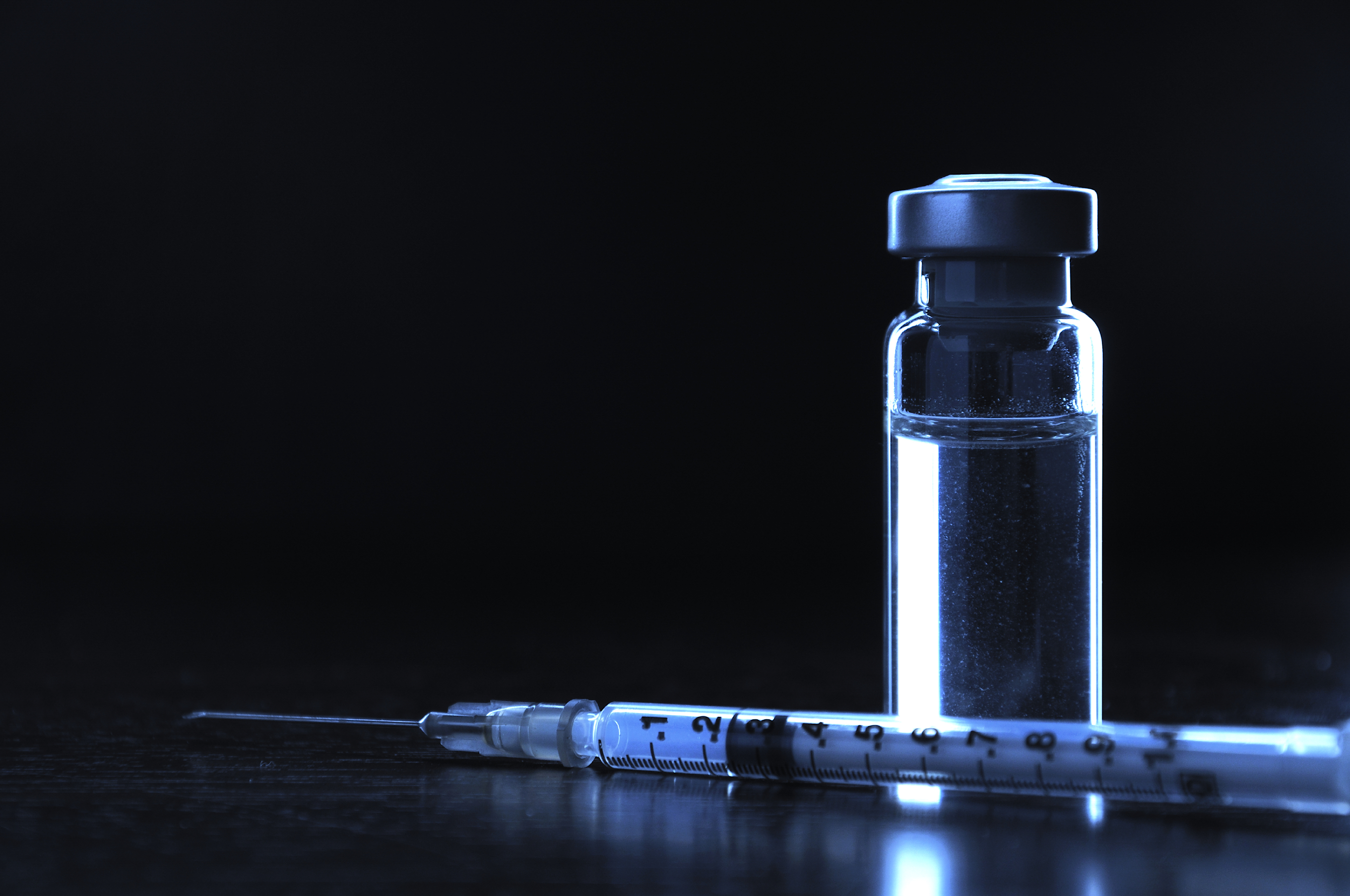Researchers at the Wyss Institute, Harvard University have developed a portable method for biomolecular manufacturing. They have used this novel technique to create vaccines on demand with no need for power of refrigeration – “just add water”. This will allow vaccines to reach the frontline in remote areas where they are desperately needed the most.
The idea of synthetic biology is that it applies the principles of engineering to molecular biology to build genetic devices allowing us to improve diagnostic and therapeutic approaches. Biomolecular engineering is becoming increasingly involved in the development of drug production, protein therapeutics and biofuels. The main issue is the reliance on using living organisms, the biosafety regulations, practical hurdles and the highly specialized skills required. Therefore, vaccines and other protein based molecules must be globally distributed from centralized foundries, which also requires cold chain for stability. As a result, these limitations impact distribution costs and highlight the challenge of delivering vaccines to developing regions.

The Wyss Institute team (Pardee et al) has reported that they have developed the safe deployment of genetically encoded tools using freeze dried, cell free (FD-CF) expression machinery. This generates a platform that retains protein synthesis capability of live cells while remaining abiotic, sterile and portable.
In a nutshell, the team’s biomolecular manufacturing uses freeze dried pellets containing two types of molecular platform that can be combined in different ways to produce different compounds. Water is the only external ingredient required. These pellets have a shelf life of up to a year, as a result, can be transported and stored until needed.
Water is the only external ingredient required.
 There are two types of pellets. A ‘base pellet’, which contains no cell but is designed to create different drugs, which depends on the second pellet, the ‘instruction pellet’. Thus
There are two types of pellets. A ‘base pellet’, which contains no cell but is designed to create different drugs, which depends on the second pellet, the ‘instruction pellet’. Thus
, the physicians can mix and match various pellets and produce a wide range of vaccines, antimicrobials and antibody conjugates. The vaccines can then be administered orally or via injections.
Beyond the clinical application, the technique’s low cost makes it a highly accessible tool for many doctors and researchers. This method could pave a new model to deliver vaccines and have the potential to cure many diseases.
Author: Kavish Khatib
Photo: www.activistpost.com, www.cell.com, www.gbiosciences.com


33 replies on “ Portable, Biomolecular manufacturing puts vaccines on the frontline ”
Comments are closed.